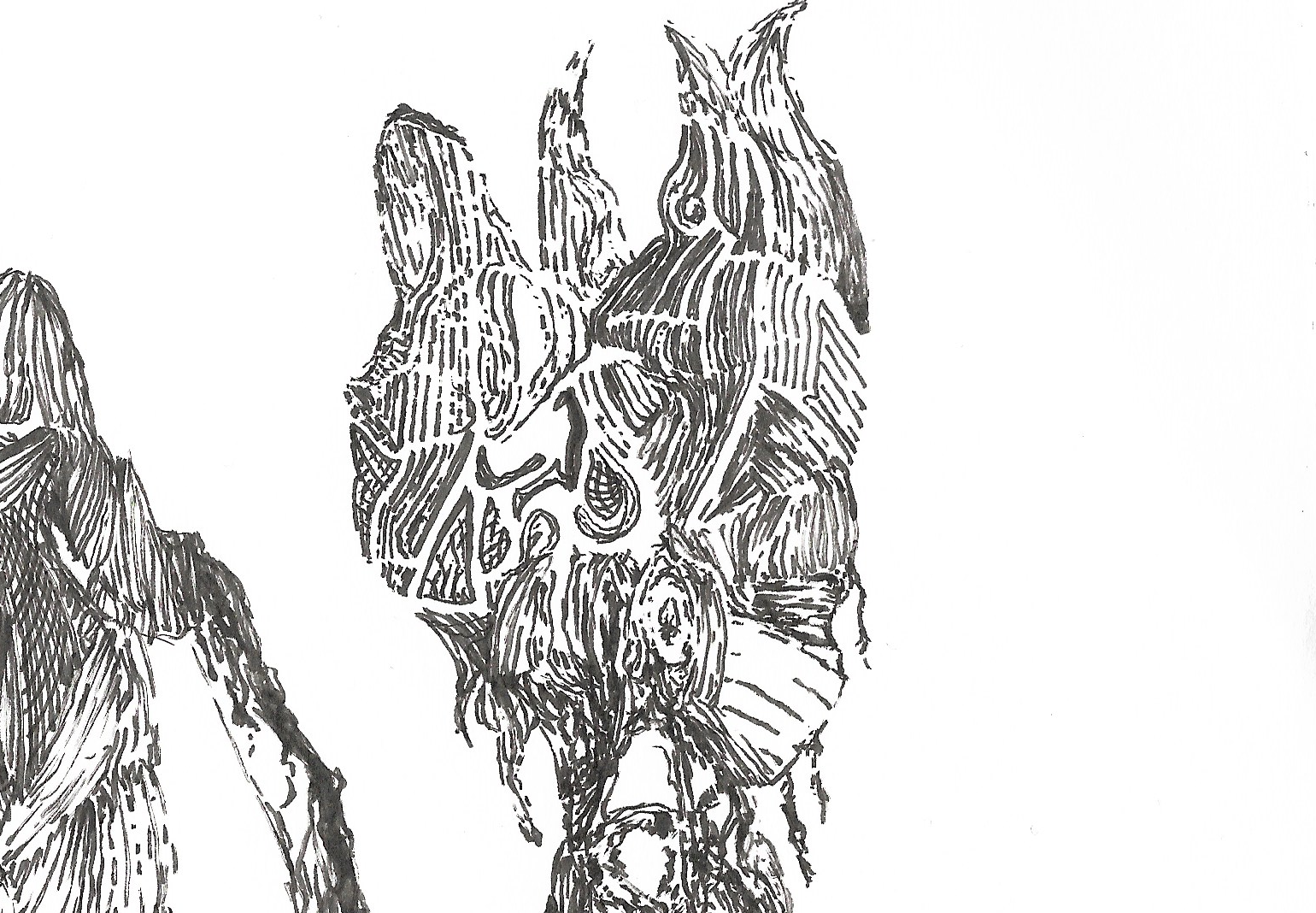I've been practicing daily for a couple of years now.
This year I had a pretty big break-thru in terms of coming up with my own music. A big issue i've had is a distaste for learning other people's music. A good guitar song makes me want to play, but not play the song. It's someone else's song! It's one hell of a mindset, but I only look up published songs when I want to know how they created a specific music phrase, and I generally avoid it. I feel strongly about this for some reason.
But I am kind of stuck. I have some chord progressions I play in, and I have a handful of snippets that I always repeat and lean on to give the stuff i'm playing a loose structure, but turning these progressions and "pieces" of song into a proper song is driving me insane because it's not clicking in my head.
I thought maybe I need to find some folks to play with, and yeah, I do, and I've put out feelers locally for people to play with, especially other trans women, but I've also been searching for advice on songwriting.
What I find really isn't helpful. For one, I am not starting with a melody; a ton of this content assumes you are.
Two, a lot of it just really doesn't discuss the- I guess philosophy and approach? Mechanically i'm already at a point where I can play a song, but I haven't been able to self-discover a process for taking my own material and whipping it into shape, and focusing it up?
I have very little formal music education, i've just been playing every day, pick up a chord or two as I experiment, and stringing together sounds that I like, but I'm really keen to find somebody or someone that can help me develop a more functional creative process, and I'm wondering if this comm might have anybody willing/able to help me work through this stuff?

I would recommend learning the modes as well as how chords are constructed from them! When I say modes, they have names like Lydian, mixolydian, Dorian, etc. they all derive from the standard major and minor scales, but if you start on for example the second note of the minor scale rather than the first, you get an entirely new scale plus new chords and note relationships from them.
The best part is that all modes can be played or based on any note as your root.
IMO it is a very versatile way of both understanding and writing music, and is very light on the “traditional / classical” side of things. It can apply to piano too but it makes way more sense on guitar because all the scales/modes will look the same no matter what key you play them in (unlike piano where you have to take into account sharps and flats)